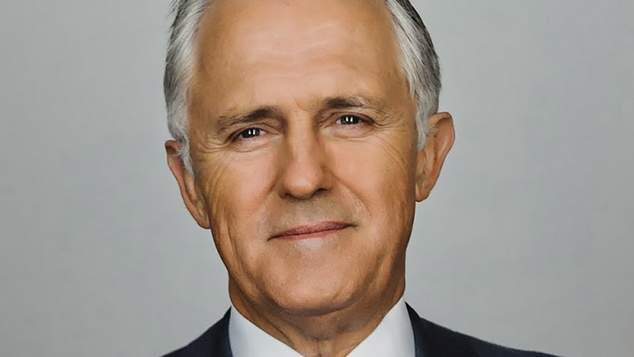
Opinion
There was no chance that Malcolm Turnbull was going to survive as Australia’s Prime Minister this week, and as he packs his boxes to move out of the Prime Minister’s Office and hands over the keys to The Lodge, he must be pondering what he achieved during his two years and 345 days leading the nation.
On Friday, as he stood in the Prime Minister’s Court yard for the last time he listed his perceived accomplishments. On his list of social changes was marriage equality. He marked up the passage of the same-sex marriage bill on his list of achievements and noted that he was the first sitting Prime Minister to support marriage equality.
“That was a significant achievement in my time as Prime Minister,” Turnbull said.
While it may be his achievement, it will not be his legacy, and history will remember that the postal plebiscite was a time of great pain and suffering for many gay, lesbian, bisexual, transgender and queer Australians and their families.
Since the moment he seized the office from predecessor Tony Abbott, the media, the opposition and the commetariat have been predicting Turnbull’s downfall – but his own colleagues have been actively plotting it every single day.
At every obstacle Turnbull caved in to the hard right of his party. You could see this as finding the middle ground and politically navigating the broad church of the modern Liberal party, but as time rolled on, it seemed there was no issue that Malcolm Turnbull was prepared to take a stand on.
Having loudly voiced his support for marriage equality, within minutes of becoming Prime Minister he announced that he would be maintaining Tony Abbott’s policy of holding a plebiscite on the issue. The plebiscite was never intended as a solution to the issue – it was a solution to Tony Abbott having to deal with the issue.
All through the process the hope was that the Australian people would fall for the fear and lies of the No Campaign, and the issue would be delayed for another decade or so. Australia was decades behind other countries in decriminalising homosexuality, why couldn’t we be several decades behind on this issue too?
When the legislation for a plebiscite couldn’t find support in the parliament, a new idea was launched – a postal plebiscite. An even more ridiculous idea than the first pathway put forward. When Peter Dutton dreamed up the idea, it wasn’t because he thought it would bring in that change most Australians wanted, it was because he thought we’d lose.
So over a prolonged period LGBTI people were forced to endure people stopping in them in the streets and asking them about their relationships and sex lives, the validity of our families and children were questioned, for some of us our homes were validated, our cars were damaged, we were sent death threats, and had to endure abusive phone calls.
At the end of that period we were victorious with a significant number of Australian’s ticking the YES box for marriage equality. The silent majority that right wing politicians often proclaim to speaking for does not exist. They are a fantasy.
Still we had to sit through the bill going through both houses of parliament with proposed amendment after amendment being knocked back. After that a unusual inquiry in to religious freedom was launched it’s results since buried – who knows what wind-backs it might suggest to the freedoms of LGBTIQ people.
A Senate report into the postal survey process suggested that never again should the human rights of a minority be put to a popular vote. Time will tell if the Australian parliament has managed to put the lid back on that particular Pandora’s Box – calls for referendums, plebiscites and surveys are now commonly heard from the backbench.
The report also recognised that the mental health of LGBTIQ people was damaged by the postal vote process, and listed a sliver of the experiences that LGBTIQ people were exposed to during the debate.
Stories of the rainbow flags hanging on people’s homes being painted with black swastikas, hateful letters and pamphlets being found in letterboxes, and people being afraid to leave their homes.
One 42 year old transgender man from Queensland told the inquiry, “After the Survey was announced, my world becomes hell. It was the hate and vitriol of the 1990’s that I experienced, but this time our Prime Minister gave this hatred a name—respectful debate.”
Throughout it all Malcolm Turnbull took a back seat. You didn’t see him standing up and encouraging people to vote yes. He was not knocking on people’s doors, taking part in debates or standing in front of crowds.
Doing very little to bring about marriage equality is Malcolm Turnbull’s contribution. The pain, suffering and abuse of LGBTIQ people is his legacy. The damage it caused to our democratic processes is yet to be seen.
Graeme Watson, Managing Editor OUTinPerth.





